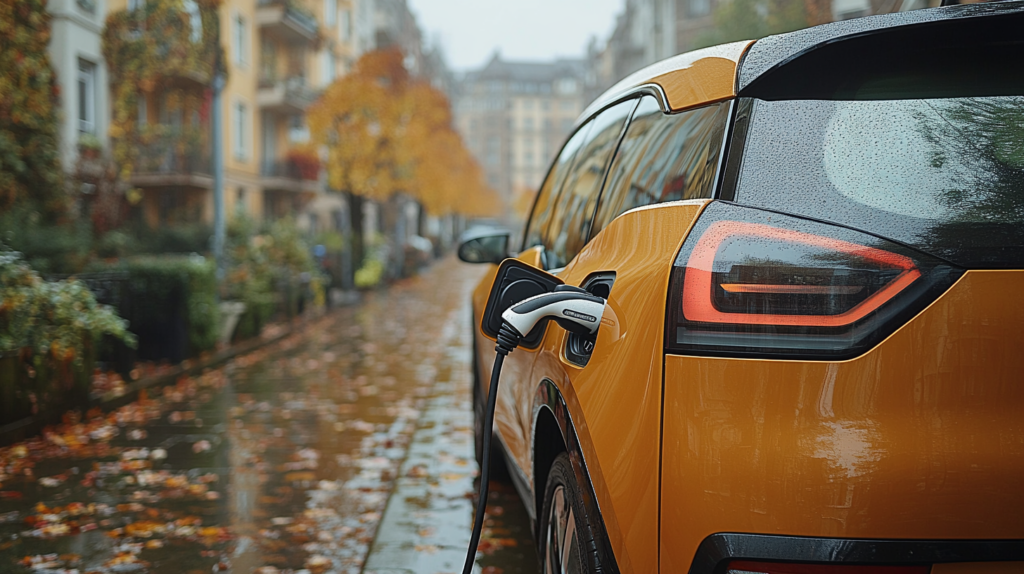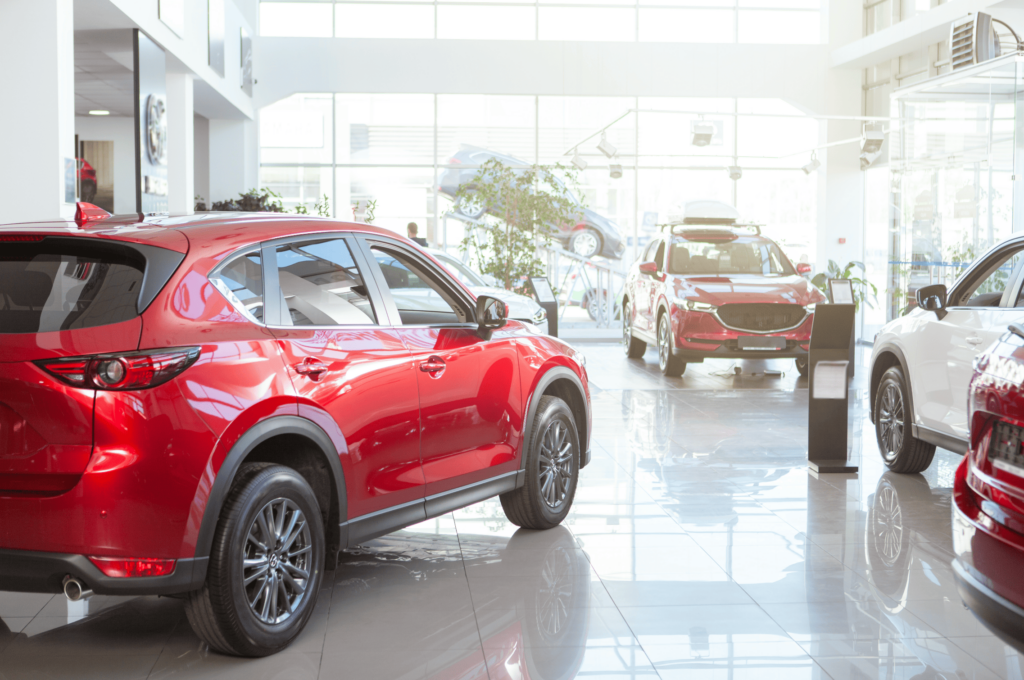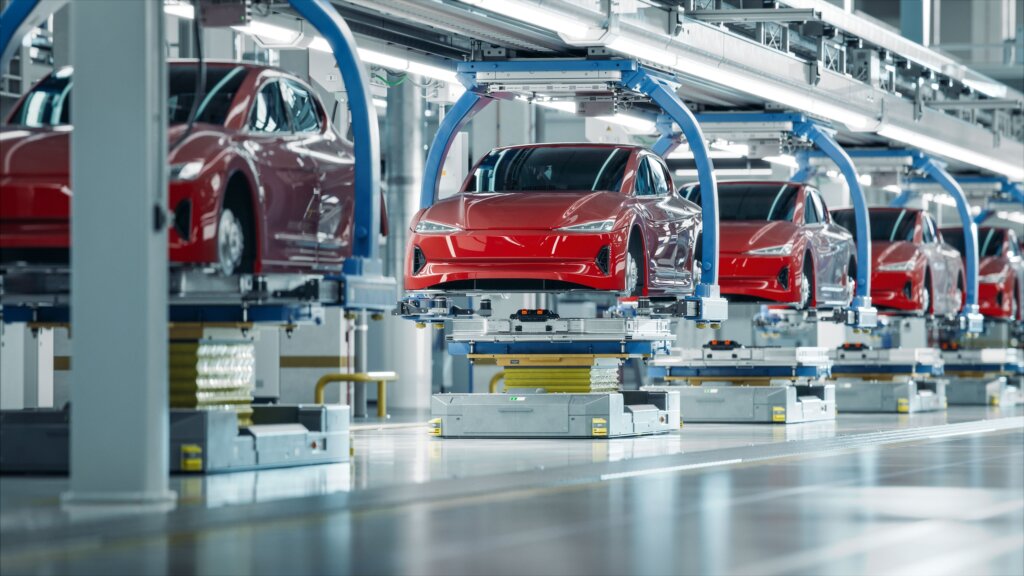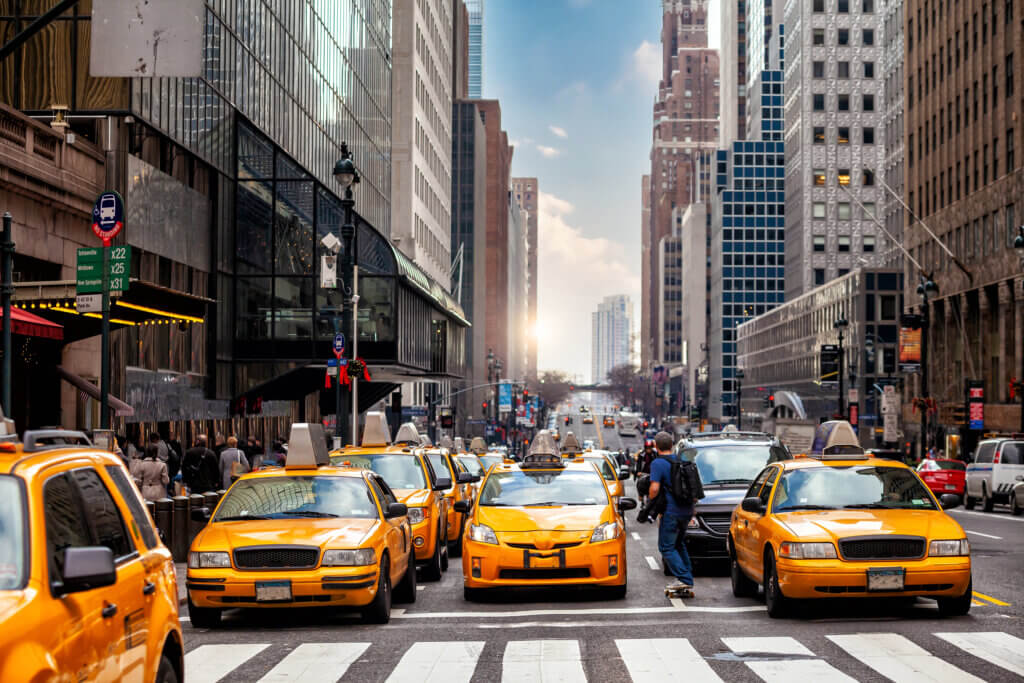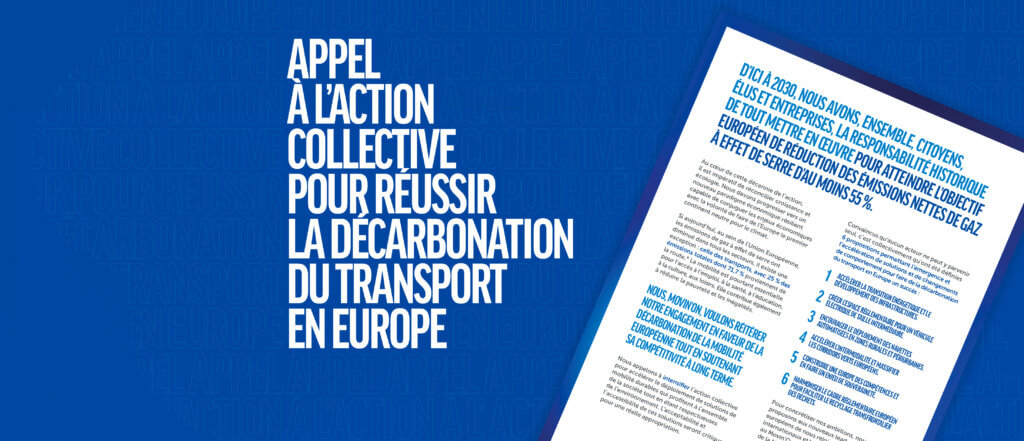Mobility study with Kantar - The sustainable choice

Movin'On presents the results of its survey of young city-dwellers committed to the environment.
The anxiety caused by COVID and the sense of responsibility this generation feels for their more exposed loved ones have resulted in a return to individual forms of transport and a growing distrust of public services. The appeal of the car has soared, particularly in North America (with car purchases linked to COVID). Over and above freedom, safety and convenience come first.
Only 7% of them feel fully satisfied when using public transport, compared with 20% for bicycles and 27% for cars!
This generation's love/hate relationship with public transport has been amplified in the context of COVID: affordable, contributing to a more inclusive and greener society... it should be young people's preferred mode of transport. But it suffers from a highly negative user experience (service, cleanliness, safety) sharply focused by the COVID pandemic.
"Why take public transport when cycling is faster and more convenient?”
Paris Tweet
But COVID has also served as a catalyst for trends with an increase in bicycle use and more people preferring to walk it. Cycling has been encouraged by COVID-related infrastructures such as pop-up cycle lanes in towns, and subsidies in Paris. Cycling and walking have benefited from several arguments in their favour: outdoor physical activity, cheap and sustainable transport, fitness.
"Living without a car has been a revelation for me: it has made me more active, more environmentally aware, given me a greater sense of purpose and helped change my values. I'm a strong advocate of pedestrian-friendly cities, good urban planning and the development of public transport".
Montréal Tweet
As far as cars are concerned, the trend towards clean cars is growing: if they recognize the benefits of owning one, it can only be a clean vehicle - hybrid or electric.
Over 36% of 18-34 year-olds will definitely or most likely buy an electric car (compared with 16% of the older generation).
The COVID pandemic was the moment for the younger generations to pause and rethink their mobility, with a view to greater well-being and by limiting the need to travel... For these generations, five key levers will have a major impact on the mobility of the future.
TOP 5 factors that will change mobility over the next ten years:
1- Working from home
2- Improving cycling infrastructure
3- Emission-free mobility
4- Mobility hubs
5- Time value
In addition to means of transport, the pandemic has accelerated the transition to a less submissive and more chosen form of mobility: reconsidering daily presence in the office, limiting forced travel and therefore adapting modes of transport, living locally.
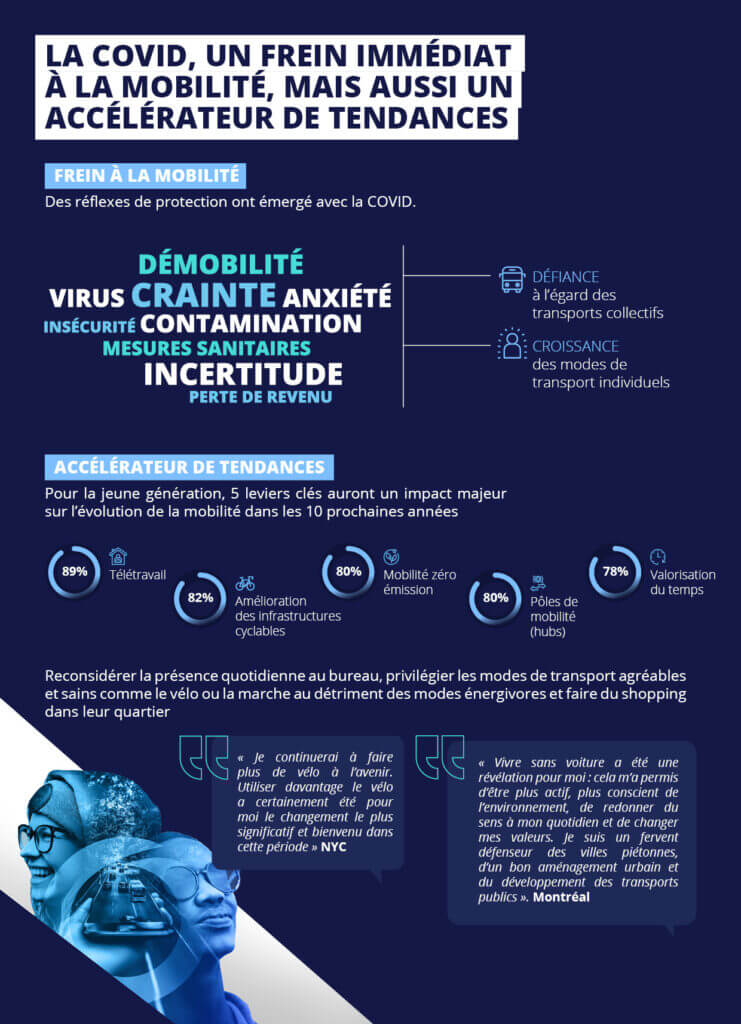
Share
Tweets de @movinonconnect
Movin'On 2035 TODAY EP02 - Circular Economy & Competitivity
Movin’On 2035 TODAY EP01 – Fair Mobility for All https://x.com/i/broadcasts/1yNxagBrWZbGj
✨ THAT'S A WRAP!
Movin'On Summit 2024 has just concluded in Brussels!
More than 350 leaders and experts in sustainable mobility gathered to exchange ideas, collaborate, and share their vision for desirable and decarbonised mobility in Europe. Together, we explored ways to build…
🔴 Live from #MovinOnSummit2024
@AshaSumputh has just invited Denis Machuel, CEO at @AdeccoGroup and Florent Menegaux, President of the @Michelin Group & President of Movin'On
Sustainable mobility news
Discover the latest trends, analyses per theme, and our next meetings.
